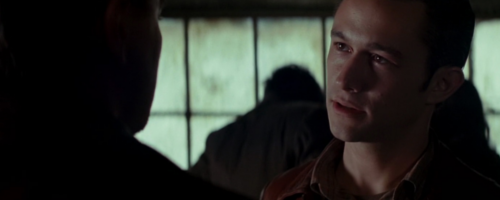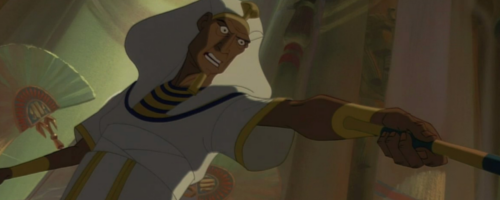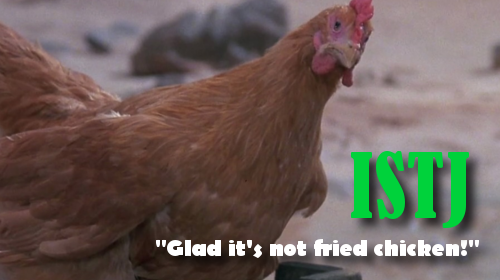The Protector, The Cultivator, The Steward
Robert Fischer is us. He is the Audience, the one for whom the fantasy is created. The success or failure of a movie depends on whether or not we accept and buy into it. So too, for the Inception team, their mission counts for nothing if the subject doesn’t respond to the dreamworld the way they intend.
Notice that every single character on the team is a Thinker type, while Fischer is a Feeler type. The others are going about their work by analyzing and conceptualizing human emotion and how to manipulate it. Fischer simply feels, authentically and in the moment.
Dominant Function: Introverted Sensing (Si), “Relive the Experience”
Robert Fischer lives in his father’s shadow and sees no way out of it. He intends to carry on his father’s business and legacy, even though Maurice Fischer doesn’t seem to care about him. He has intense, personal memories of his father’s rejection that define the way he interacts with the world and thinks about himself.
A toast to his father just before he falls asleep is enough to get him thinking deeply about the subject as he slips into the dreamworld.
Most of what we get to see of Fischer is him being glum and moody, but he shows a smartly cautious, pragmatic side once the Inception team launches their plot. He offers his wallet to his kidnappers—practically, his life is more important than his money, and the wallet itself is expensive enough to be a nice prize for an eager criminal. It’s also revealed that he put himself through extraction-defense training, prepping his subconscious for possible attack.
Basically, although his Si-dom has been damaged by his father’s treatment, it also protects him by giving him the knowledge he needs to deal with dangerous situations. Si can kind of look like Ni that way, except that Si is more grounded in experience—this has happened before, and will likely happen again, so I will prepare for it—and Ni (Introverted Intuition) is more theoretical and future-oriented—this will likely happen given the way things are going, so I’ll prepare for that.



















